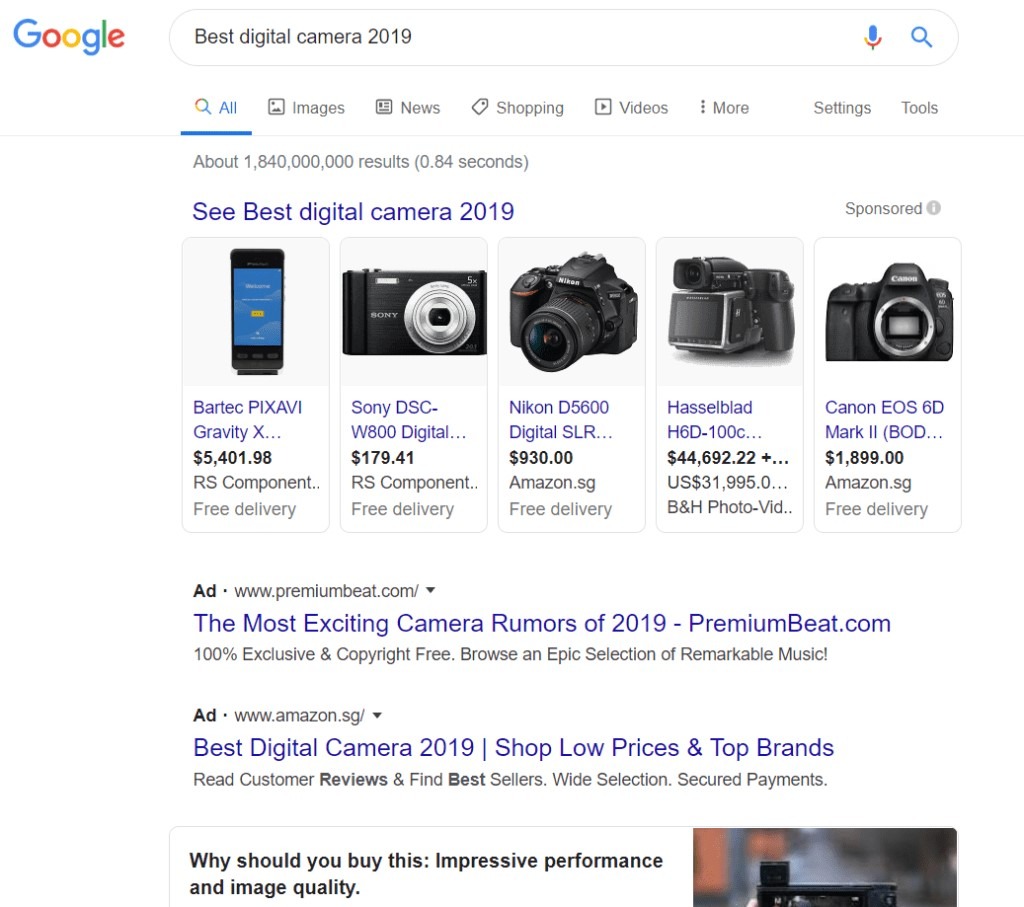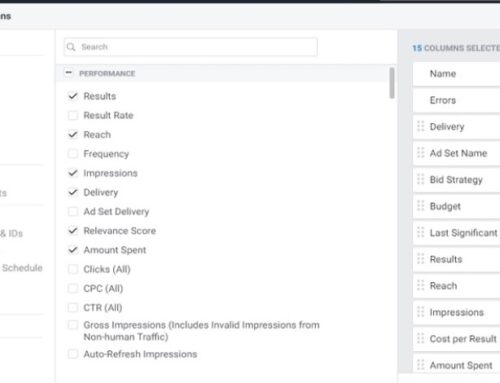Psychology is key to advertising
If one understands how a human mind works, one can influence it. One can influence the masses. He can do great things, he can rally people into new heights, he can reform an entire country towards prosperity or turn it into chaos.
The great Abraham Lincoln, perhaps the most significant president in the history of America did just this. He understood the psychology of the masses and used it to change the country forever. “America, land of the free and home of the brave.” is what he told the people.
He led its country through the Civil War, its bloodiest war and its greatest moral, constitutional, and political crisis. The result: abolished slavery, which plagued the country for 100 years.
His main focus was freedom, and equality for everyone living in the United States of America, not just white men but all men.
On the other side of the picture, another led the world into the Second World War and the deadliest conflict in human history. Millions of people perished as a result.
That is the power of psychology and the ability to moving masses of people buying an idea. One could believe that the deadliest conflict in human history could be avoided if the man was accepted into the Academy of Fine Arts Vienna, which was his initial passion, as a painter.
Back to the finer arts of advertising, you have to deal with people as well. People use search engines to find information. So how do you as a business owner, get people and the market masses into buying your idea?
Psychology in search
The first step is the ad itself. The user had the click the ad before he comes on board with you. So you must know how search engines are used, inside out.
How do you align the psychology of your customer with your ad and your landing page? These 3 factors should be like dominos, all neatly arranged in a perfectly symmetrical line so when one hits, everything falls nicely at once. (hopefully, the last domino block results in a sale for you)

Ads occupy the top portion of the result pages.
Unfortunately, people don’t think in words on search engines. You must understand the concept or framework of the thoughts of your customers. And that is usually called the keywords.
If you understand how they think, you will understand how they type in the magical query box.
Search queries are all thought processes
If you are a business, do you know your users enough that you can map out their mental framework?
Do you know what your customers are searching for on Google?

Do you then have all the answers to their questions? You should, because that would be what’s required to succeed in Google search ads.
If somebody is searching for a plumber in the middle of the night, is your ad relevant to them? What is happening in the mind of somebody that is searching for plumbing services in 3:26 am?
It is probably urgent, and they need help right now. It would be better if you can come over in half an hour or less. Maybe it is something wrong with the toilet, or the sink, or the pipes, or flooding.
The more pain points you can hit in the address, the better chance you can align your position to theirs so the domino blocks can fall together, resulting in a conversion or a new loyal customer.
Relevancy is important in successful search advertising campaigns
Google looks out for the most relevant ad copy, and through a wide variety factors in its algorithm calculated in real-time, and it determines the ad rank score (which determines what position your ad gets placed) that is how they keep people loyal to Google for searching online.
Google makes approximately 93% of its revenues from advertising. (numbers tend to fluctuate year to year but the point is that it is their main source of revenue) Businesses use the platform to find and look for new and profitable customers, they use it to promote their products and brand awareness. Users want reliability and accurate information, so they turn to the Google search engine.
Google allows businesses to acquire fresh, new customers so that they can expand their business and continue to grow.
Be it your goal is to appear at the top of the result pages when potential customers are looking for your products or appear in front of a few million audiences, you can use Google’s inventory to help you win.
But you first should understand the psychology of search. Losing touch with reality is the last thing you want when advertising your products here.
If you sell digital cameras and the user searches for something like ‘best digital cameras of 2019.’ Do you show a product page with a check-out function or a content page that lists the top 5 or 10 digital cameras for various uses?

Be relevant to the query
Most businesses take the easier route of ignoring the user’s psychology and went ahead to pitch a sale when the user is merely looking for comparison and may purchase at a later date.
If you take the trouble to write and compare digital cameras you will gain the customer’s trust and probably land a sale.
Small wins here and there result in a huge victory in the long run for your brand when your competitors wonder where all their businesses had gone to.
Slipped right out of their pockets and into someone who knows what he is doing!
Customers know when they search on Google, they are only getting the best, the most relevant and personalized, sent to them in a matter of split seconds.
That is what Google wants its advertisers (you) to do. Since ads are the major source of their income. For users to keep coming back to Google to find information, instead of leaving them and heading to Bing or Yahoo, the content and ads must be highly relevant.
In the example of this post, I could have talked about Abraham Lincoln’s life and biography for the entire length if this was a history site, but it is not. We are talking about getting businesses to win with marketing here.
The context is important.
Your ad copy, landing page, website, and business objectives should be consistent.
Your ad copy is the gateway for customers to your business. It could be enticing, convincing, interesting, colorful, or even straight-forward in nature. But none of these things are of any value if it is not relevant.

Wastage in advertising
I have seen pages of businesses that advertise one thing and the landing page shows an exactly different item. This should always be avoided. What do they expect the customer to do?
I have seen ads that click to a 404-error page, and its paid traffic! They are flushing money down the toilet bowl.
Double-check your landing pages to make sure it is synchronized with your ad copy.
All aligned properly, waiting for your customer to hit on your fateful first block, and all the hard work is all done behind.
The human mind bends towards the easy and the simple. Design your ads that way too. Don’t ramble on how great your business is and get to the point of the user’s query, but rather: how can your business benefit them?
Your ad should clearly and definitively show what you do offer, how to contact you, the features of your product and the benefits it gives to the user searching.
In summary, give them exactly what they are searching for.





